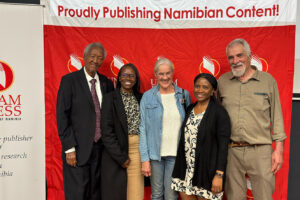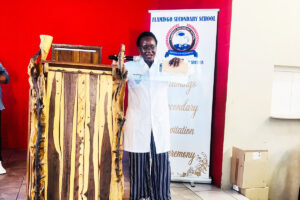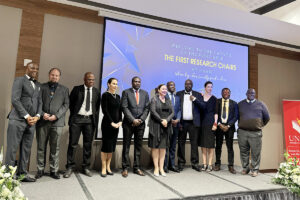A significant turning point in the history of African manufacturing occurred when over 60 participants from 11 African nations gathered in Cape Town, South Africa, for a one-week intensive workshop on digital transformation, hosted by the programme developer, InnoGlobal. This workshop marked the second cohort since its establishment.
Cecilia Naule, a UNAM Masters student in Renewable Energy, was among those who participated.
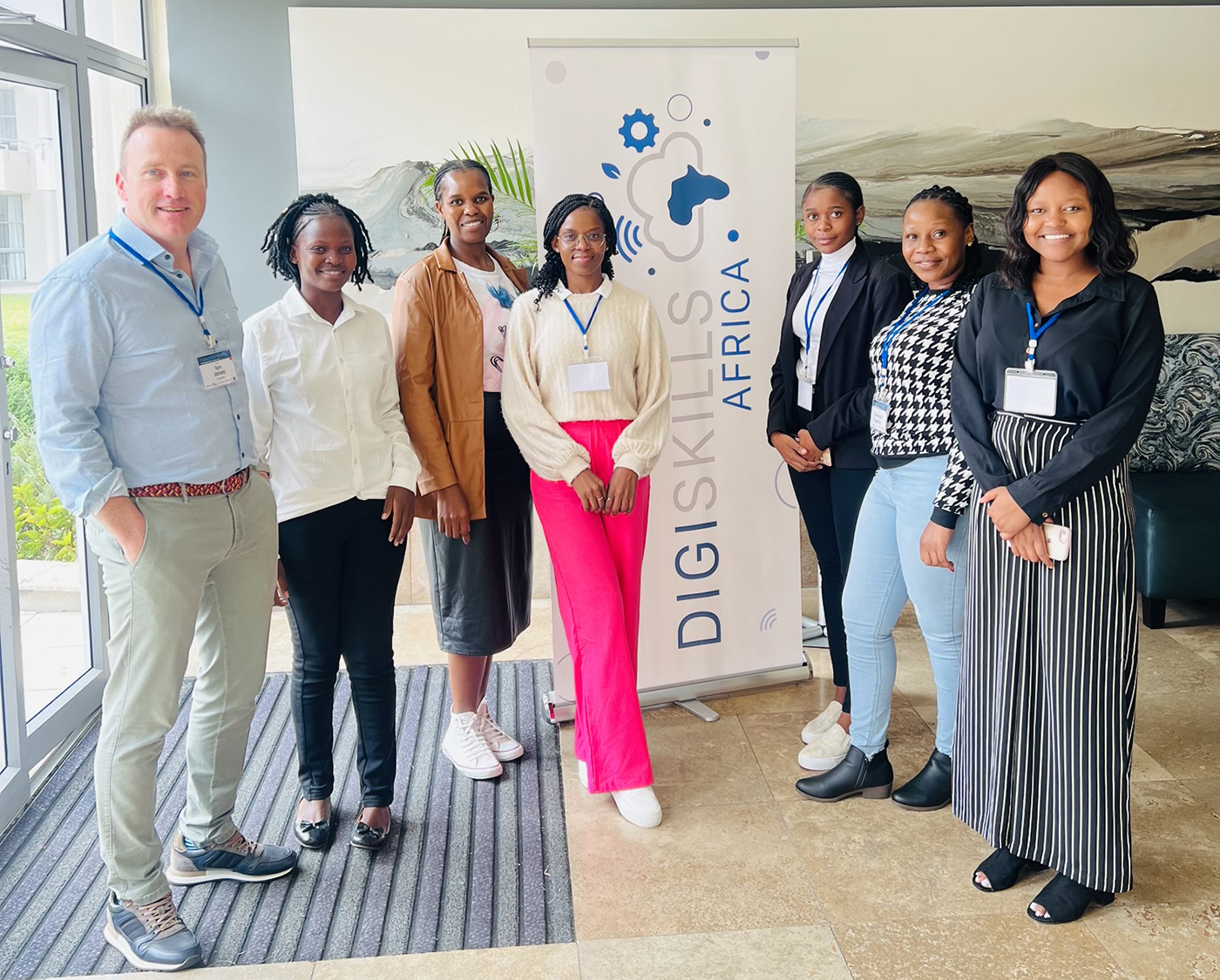
A proactive, data-driven ecosystem, rather than traditional manufacturing methods, was the focus of the workshop, which included this in-person workshop, held from 15 – 19 April, and the course was sandwiched by online lectures until June. The idea of embracing Industry 4.0 and Pharma 4.0 paradigms was central to this programme.
In an era where adaptability is essential, the event provided a guiding light for industry stakeholders navigating the complexities of modern manufacturing, which serves to enhance big data and technology skills for young graduates.
Participants were given the tools they need to identify current and future manufacturing trends, harness the transformative power of technology, decipher the mysteries of data analysis, and assess organisational readiness for such radical change.
UNAM students encouraged to seize global opportunities
“Aspects of advancing manufacturing, especially for organisations in Africa, were thoroughly explored. I am extremely happy to apply the knowledge I have acquired, envisioning a future where we harness technological advancements for sustainable solutions”, expressed Cecilia.
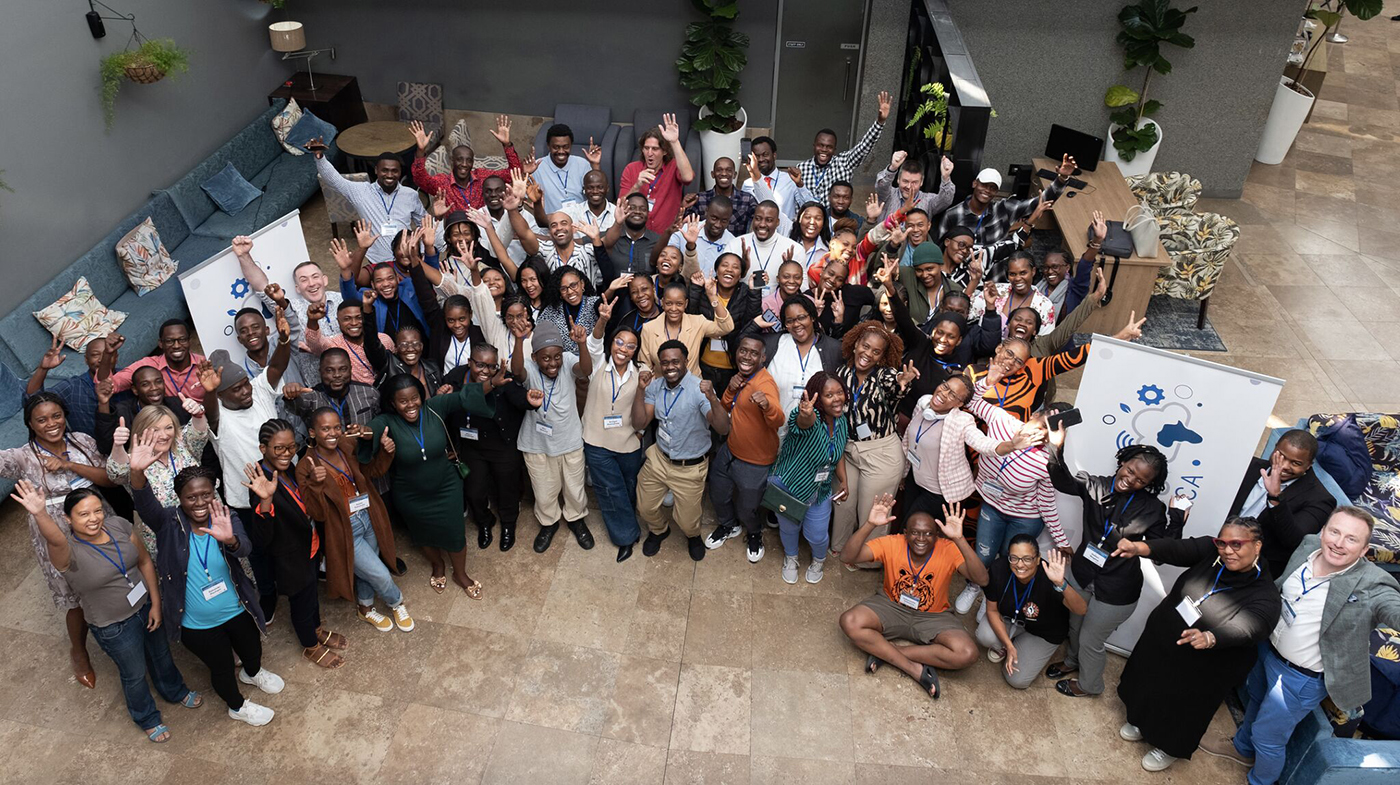
“More science university students from Namibia should look into taking up these types of courses and initiatives to gain valuable skills and exposures needed in today’s world. There are a handful of valuable skills one may gain that cannot be essentially obtained from the ordinary classroom”, emphasised Cecilia.
Cecilia further emphasised, “I have attended other impactful events in the past, and the turnout of Namibian students is a bit worrisome. The world is changing, and so should we. Also, I would like to see collaborations with Namibian counterparts, particularly those in fields of science, education, and technology, to bring these initiatives closer to home and encourage participation from within.”
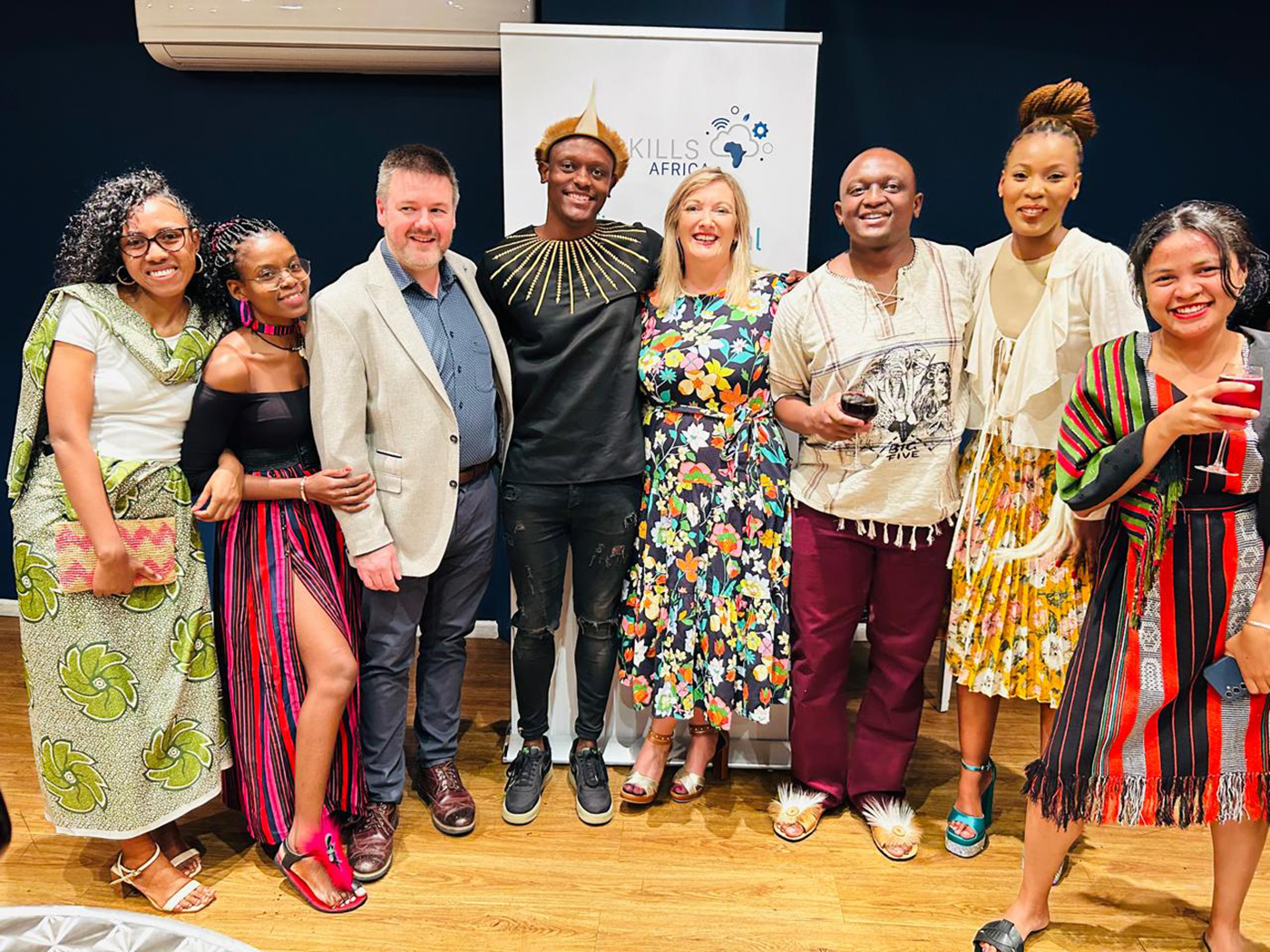
In the end, the workshop was not merely an event but a catalyst for change. It highlighted the critical role of technology in reshaping the manufacturing landscape and sparked a shared vision of a future dominated by sustainability, innovation, and inclusivity. As the world advances towards industrial prominence, the path to digital maturity opens up, promising a future in which technology is more than just a tool but a sign of progress.
Original story by Ms. Delight Namene
Delight is a Science Communication intern currently pursuing her 2nd year in a Bachelor of Science in Physics (Mathematics) (Honours).



